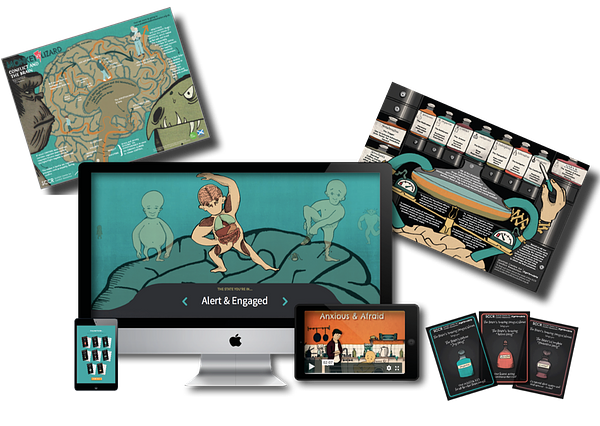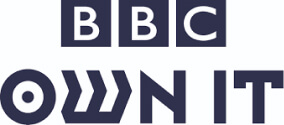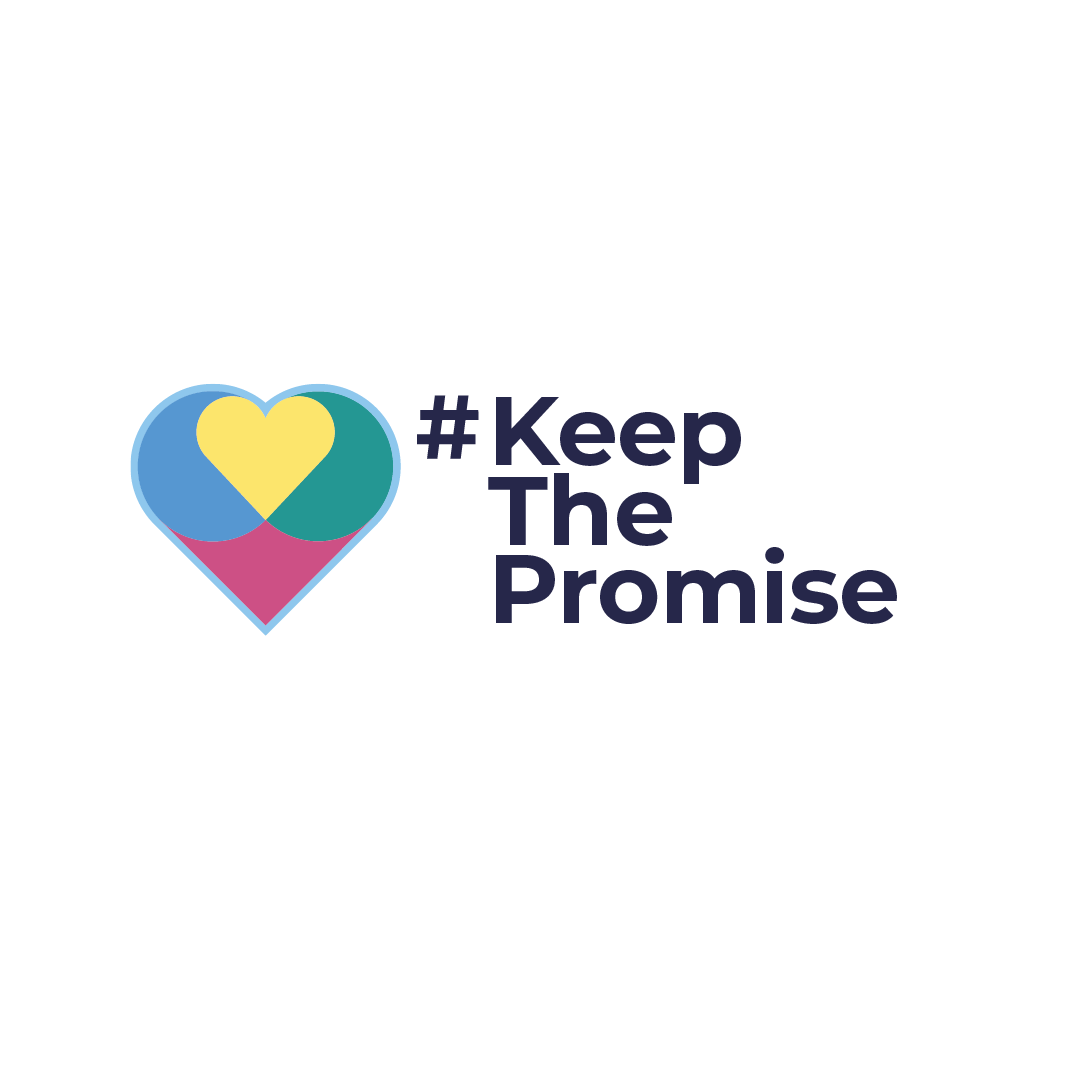Compelling case to roll-out free digital resources…
04 Oct 2018 By Diane Marr, Network Development Manager

Nine months ago, we launched Scotland’s first ever digital Emotional Homunculus – with a suite of online resources to support a better understanding of the ‘Science of Conflict’.
We took complex neuroscience and broke it down into accessible language with the help of child development and mental health expert Dr Sara Watkin so that young people, parents/carers, and professionals could unpick how feelings, emotions and neurochemicals make us act and react.
The drive to do this work centres around on our work to reduce the impact of conflict, which can lead to problems with mental health, relationship breakdown and youth homelessness. Every year across Scotland, just over 4,100 young people – the equivalent of around five high schools – become homeless due to family relationship breakdown. It’s the biggest single cause of youth homelessness annually. While 76% of parents and 30% of young people said that arguments at home have affected their mental health.
But what’s become clear since we launched the ‘Emotional Homunculus and The Brain’s Amazing Drugs Cabinet’ resources is how they have had practical use across many professions and generations. We have had reports of them being used to tackle not just social concerns around family conflict and youth homelessness, but also support programmes involving mental and physical health and wellbeing, exploring toxic stress and adverse childhood experiences and helping kinship carers and foster parents.
Given that these new free, science-based and universal resources have proven so invaluable across all age groups and diverse audiences we’re today calling for them to made available to young people and families across Scottish public health, including education and health and wellbeing. This call is supported by professionals working in the field.
To support this aim we’ve launched a new online Resource Hub to ensure the free digital tools are accessible to all, regardless of geographical location.
Our aim now is to continue to develop partnerships with those working with young people and families – in local authorities, education and curriculum development, supporting health and wellbeing, the social services work force, Third Sector and government – to deliver the resources to all young people and families and support health and wellbeing programmes, literacy and mental health strategies.
If you would like to work with us on delivering these unique free resources to young people, families, carers and professionals then please contact us – sccr@cyrenians.scot
To try the digital resources and discover the new Resource Hub, visit: https://scottishconflictresolution.org.uk/brain





